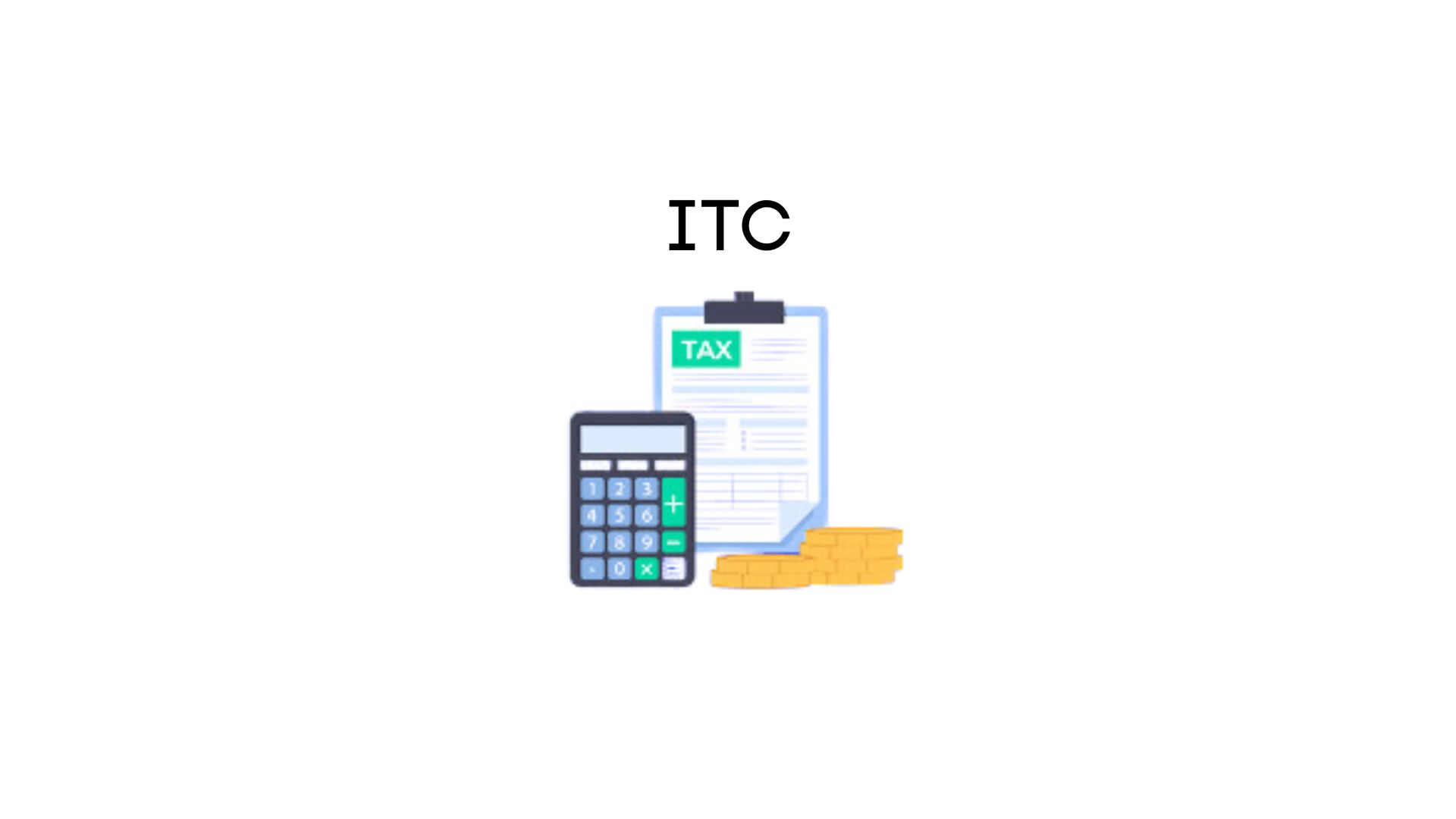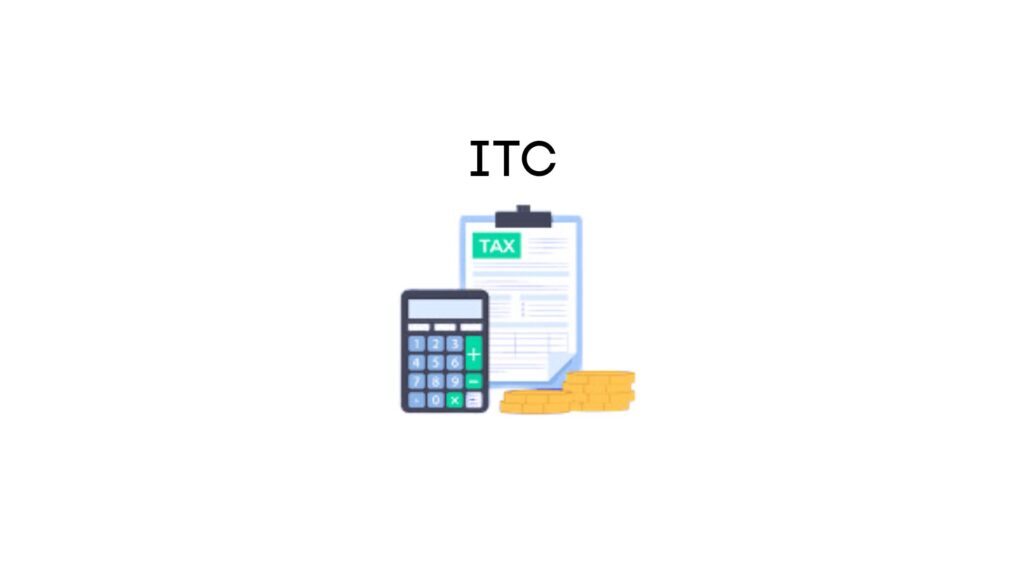
02 Apr Madras High Court Invalidates GST Assessment Over ITC Disparity

In a significant ruling, the Madras High Court addressed the validity of a GST assessment order in the case of Sri Lakshmi Silvers versus The State Tax Officer, Gugai Circle, Salem. The case centered on the adherence to procedural guidelines and principles of natural justice in GST assessments, particularly concerning disparities between GSTR-3B and GSTR-2A returns.
Facts of the Case:
- The petitioner, engaged in the supply of base metals, faced a GST assessment order pertaining to the tax demand arising from differences between the Input Tax Credit (ITC) claimed in GSTR-3B returns and that reflected in the auto-populated GSTR-2A returns for the year 2019-20.
- Despite receiving a notice and show cause notice, the petitioner, relying on their accountant, remained unaware, resulting in no response from their side.
- The central issue revolved around the validity of the assessment order, particularly concerning principles of natural justice and adherence to specific circulars regarding GST return discrepancies.
Petitioner’s Argument:
- The petitioner contended the lack of opportunity to contest the tax demand, citing non-adherence to circulars issued by the Central Board of Indirect Taxes and Customs concerning handling disparities between GSTR-3B and GSTR-2A returns.
- As a condition for remanding the case, the petitioner offered to remit 10% of the disputed tax demand.
Department’s Argument:
- The tax demand was based solely on the disparity between the ITC claimed in GSTR-3B and GSTR-2A returns, without evidence indicating non-genuine transactions.
Held:
- The Madras High Court quashed the impugned assessment order, subject to the petitioner remitting 10% of the disputed tax demand.
- It granted the petitioner the opportunity to respond to the show cause notice, directing the assessing officer to provide a reasonable opportunity for a hearing and to issue a fresh assessment order in accordance with the law.


No Comments